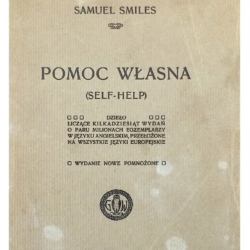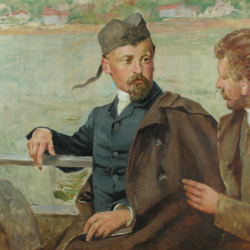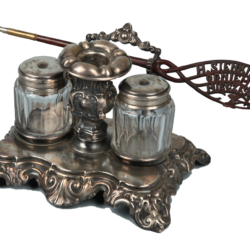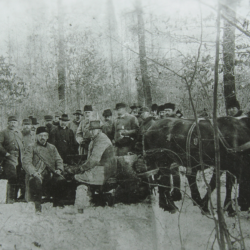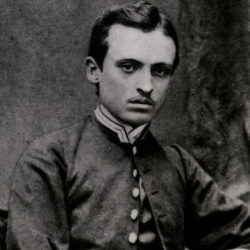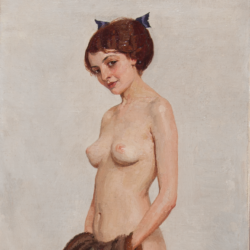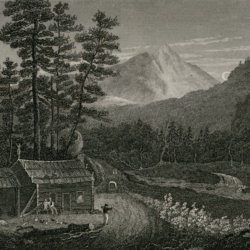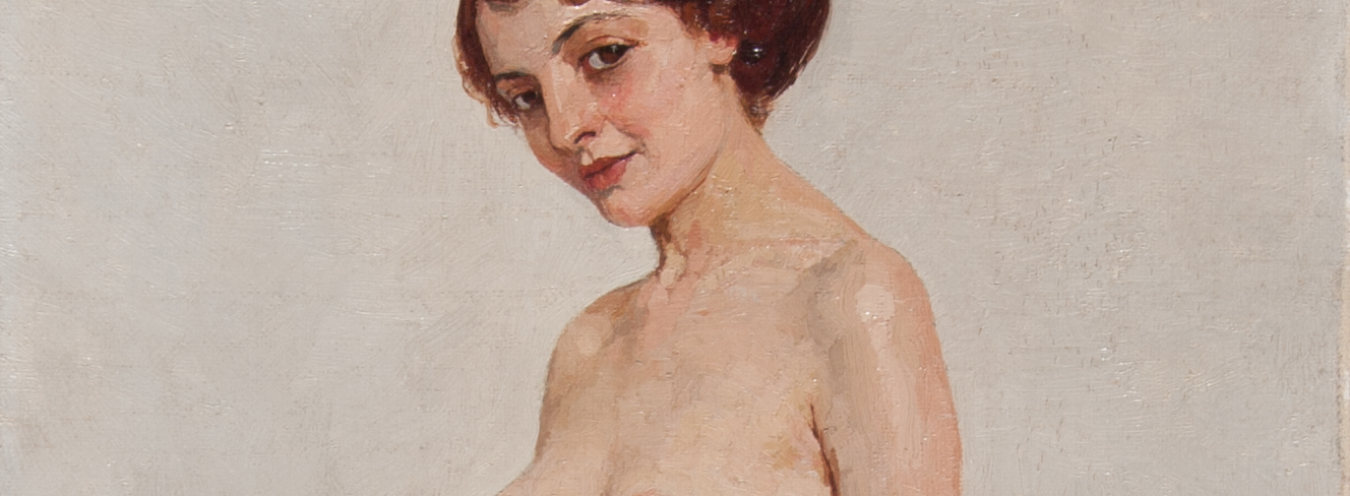
“Less emancipation than anywhere else” – masculinity and femininity
A separate issue that is worth analyzing is the attitude towards women as expressed in the texts from the American period. On the one hand, the dislike towards American women, believed to be spoilt lazy coquettes, who were prevented from debauchery only by their cold calculated nature, is accompanied by words of respect for perfect American men. On the other hand, we can see a clear fascination the freedom and exoticism (expressed, for instance, in the description of young Indian women[1], and in a far more reserved form – in the famous bachelor letters to Julian Horain or Daniel Zgliński).
An unusually casual language of those letters reflects some more important quality than just fondness for spicy jokes among close friends[2]. The Libertarian form coexists with social severity, probably adapted to the nature of the addressees and the relation of “manly conversation”, out of the scope of official social occasions. In the letter to Zgliński, the complete honesty of the author and the lack of pose are supposed to be confirmed by the delicate subject matter, which consists in a detailed discussion of the intimate preferences and experiences of both interlocutors, stressing of the private nature of the correspondence (“Don’t show this letter to modest people, Sir”[3]), as well as the ample number of obscenities, and the resulting persistent directness of language. In fact, one cannot escape the impression that all these elements were used very consciously in order to construct another auto-creation. Correspondence with Horain, however, contains not only the evidence of social provocations but also of intellectual courage – it stands testament to the epoch of internal quests, doubt in moral values, “the crisis of the soul consumption”[4] (the letter as of August 1,1876).
Przypisy
- This description is highly idealized, which is confirmed by the author’s self-comment in a letter to his editor, “The young Indian woman who visited my wigwam and for the benefit of my love gave up her favorite delicacy: lice will be mentioned in a highly idealized and stylized way.” (H. Sienkiewicz, Listy [Letters], vol. 3, part 2, pp. 454-455).
- The complete lack of this type of humor in the “official” writings of Sienkiewicz is mentioned by Jerzy R. Krzyżanowski (“O ‘kawalerskich dowcipach’ Sienkiewicza” [About Sienkiewicz’s “Bachelor Jokes”], in W rocznicę Jasnogórskiego Tryumfu 1655. Recepcja twórczości Sienkiewicza [At the Anniversary of Jasna Góra Triumph of 1655. The Reception of Sienkiewicz’s Works], eds. L. Ludorowski, H. Ludorowska, Z. Mokranowska, Lublin 2005, part. 2, p. 205).
- H. Sienkiewicz, Listy [Letters], vol. 5, part 2, p. 588.
- “My skepticism has progressed so much that it seems to me that good and evil is just humbug, and their conceptions are just the two opposite symptoms of human stupidity. The universe knows only one order, i.e. blind logic. This is the true philosophy of pessimism, which, however, is insufficient as the principle of life. Thus, I have nothing to hold on to – I have no starting point, no life axis […]. If I believed in God, I would talk to him in my solitude, just like Miss Strencel with her fucking brother, but not having even this consolation, I can only write letters.” (H. Sienkiewicz, Listy [Letters], vol. I, part 2, op. cit., p. 365).

